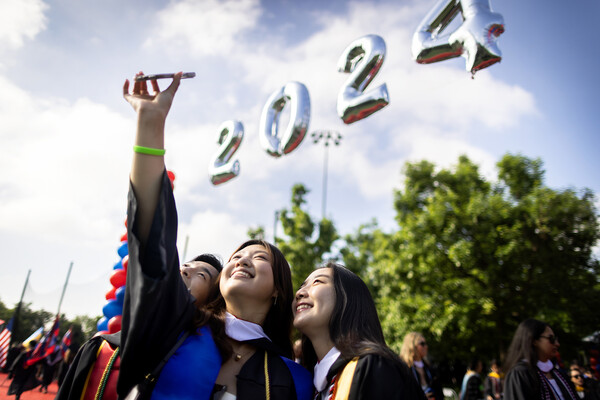Six to receive honorary degrees
A jazz composer and musician and the former mayor of Philadelphia are among the six notables chosen to receive honorary degrees at Penn’s 244th Commencement May 22. In addition to poet and Nobel laureate Seamus Heaney, this year’s Commencement speaker (Current, April 6), the honorees are:
Wynton Marsalis, the first jazz musician to win a Pulitzer Prize in music, will receive a Doctor of Music. His achievements as a musician and composer of both jazz and classical music include winning nine Grammy awards. In 1996, Time named him among America’s 25 most influential people.
Edward G. Rendell (C’65), former mayor of Philadelphia, will receive a Doctor of Laws. During his tenure, he restored fiscal stability to a municipal government that was near bankruptcy, increasing the City of Philadelphia’s revenue collection by $70 million a year without an increase in taxes.
Ronald Dworkin, LL.B., Quain Professor of Jurisprudence at University College, London, and Sommer Professor of Law and Philosophy at New York University, will receive a Doctor of Laws. His writings on the nature of law, constitutional interpretation, human rights, the theory of democratic government, social justice, and legal and social issues from affirmative action to assisted suicide have transformed the interpretation of these matters.
John N. Bahcall, Ph.D., Richard Black Professor of Natural Sciences at the Institute for Advanced Study in Princeton, will receive a Doctor of Science. One of the world’s most distinguished astrophysicists, Bahcall studies solar models, neutrino oscillations, nuclear fusion reactions and neutrinos from the sun, and contributed to the planning and development of the Hubble Space Telescope. He received the National Medal of Science in 1998 and the NASA Distinguished Public Service Medal in 1993.
Mary Douglas, D.Phil., retired professor of social anthropology at the University of London, will receive a Doctor of Humane Letters. Douglas’ book "Purity and Danger" (1966) was listed in The Times of London as one of the 100 books that have influenced Western public discourse since the Second World War. Her second book, "Natural Symbols" (1970), won her international attention and remains one of the single most important contributions to the theoretical analysis of culture.







